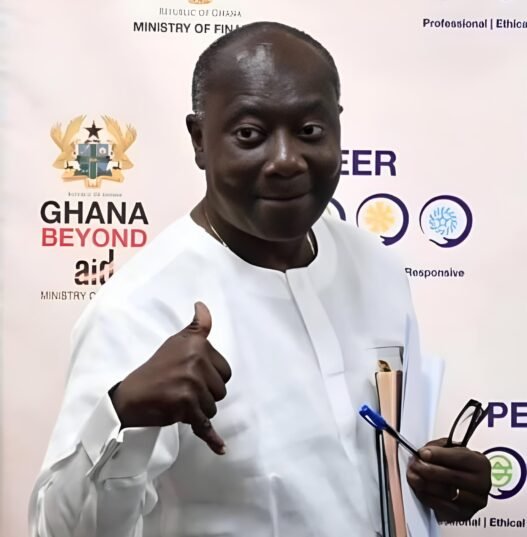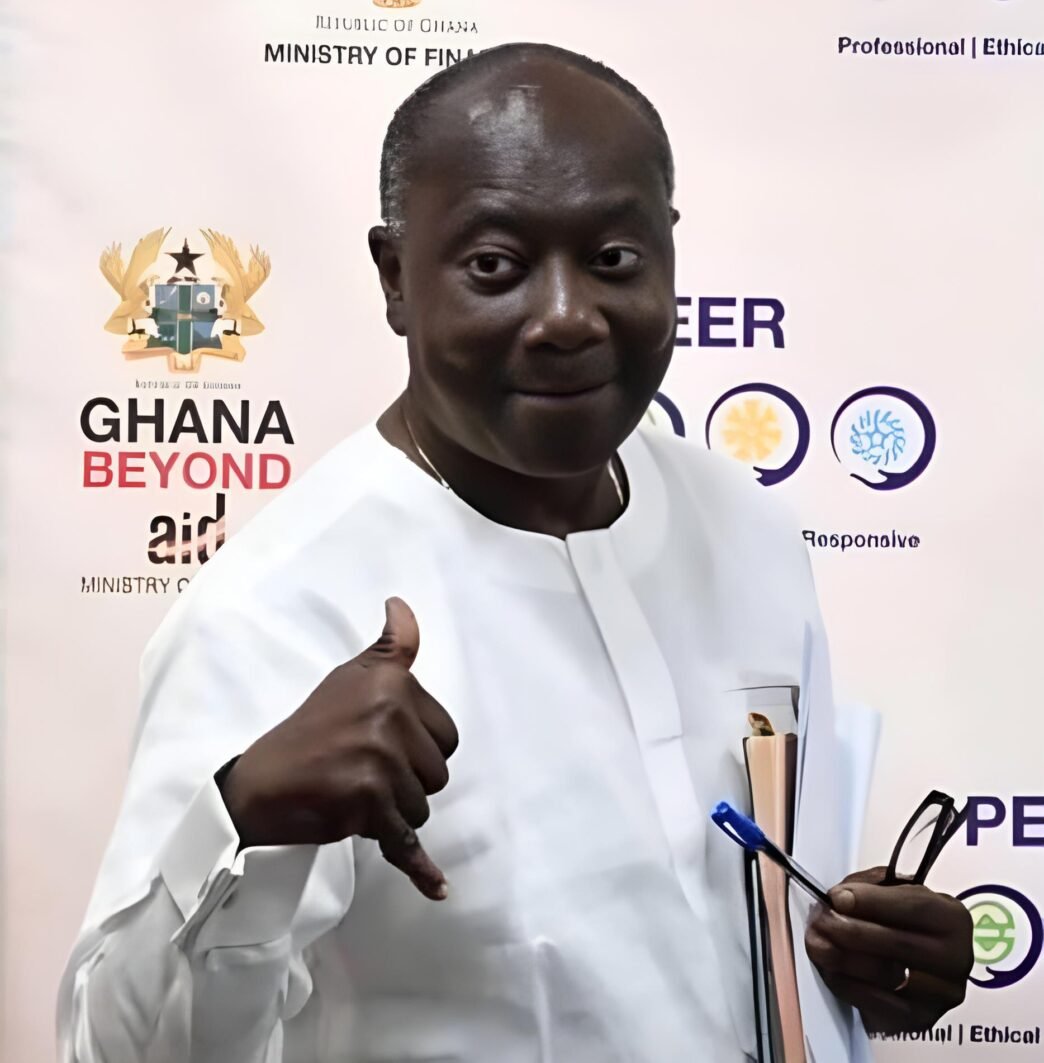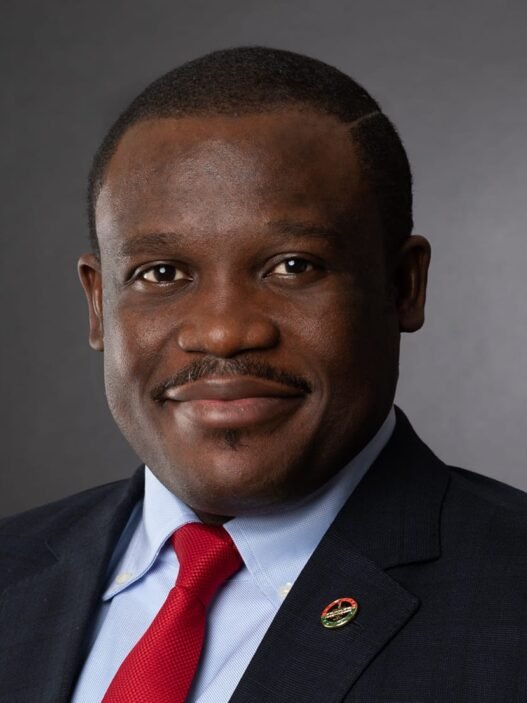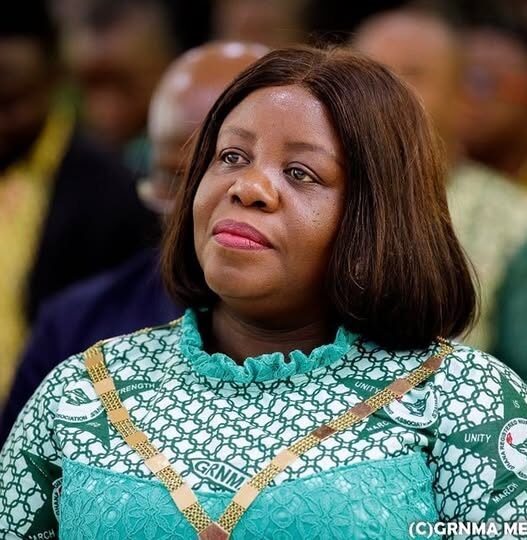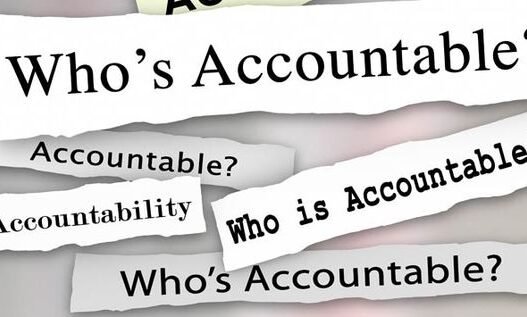After all the fine English, PowerPoint sermons, and economic lectures, is Ken Ofori-Atta now a wanted man? Interpol fugitive status? Ebei. Is this how the story ends?
Once celebrated as the gentleman banker and the Wall Street whiz who would sanitize Ghana’s finances, he has now reportedly been flagged by global law enforcement as a person of interest, and not in a flattering sense. To think, this was the man we were told had come to fix the system, not feast on it.
His tenure as Minister for Finance is marked by deeply controversial decisions that have left a lasting imprint on Ghana’s economy:
- The Agyapa Royalties deal, which sought to collateralize Ghana’s future mineral wealth through opaque offshore structures, raising serious concerns about accountability and conflicts of interest.
- An unsustainable borrowing spree, which inflated the national debt to dangerous levels and severely eroded public trust.
- The Domestic Debt Exchange Programme, which devastated the pensions and savings of hardworking citizens, leaving many retirees financially vulnerable.
- The collapse of the Ghanaian cedi and a subsequent IMF bailout, secured not through strategic reform but as a last resort amid economic freefall.
And now? A red notice. Interpol is not merely observing. Its network is actively circulating his name. This is not a perception issue. This is international law enforcement indicating that something is seriously amiss.
What does this say about Ghana? That a man can preside over economic collapse, leave behind fiscal devastation, and still exit the public stage adorned in titles and tailor-made kaftans? Is this the Ghana of the 21st century or a caricature of a captured state?
Mr. Ofori-Atta’s legacy cannot be reduced to well-intentioned failure. He oversaw the construction of an economic framework in which power and profit appeared to concentrate within a privileged few, often with close familial and political ties to the Presidency. He functioned simultaneously as minister, broker, advisor, and beneficiary. This convergence of roles represents a profound conflict of interest, one that became normalized through repetition.
Critics of this system were branded alarmists. Protesters were dismissed. Economists and analysts who raised concerns were told they simply didn’t understand. Yet history has a way of catching up.
Even now, there are those who will rise to defend him. This alone illustrates the extent to which elite impunity has taken root in our governance culture. In Ghana, when the poor transgress, they are swiftly punished. When the powerful err, they are met with delay, denial, or decorum.
But records do not lie. The hardship endured by millions of Ghanaians today is not the result of abstract policy decisions. It is a lived, daily struggle. Mr. Ofori-Atta may once have been portrayed as a reformer, but the outcome of his stewardship tells a different story. His legacy is not one of transformation. It is a legacy of economic pain, opacity, and diminished public confidence.
History will judge not just what he attempted to build, but what he broke, and who bore the cost.









